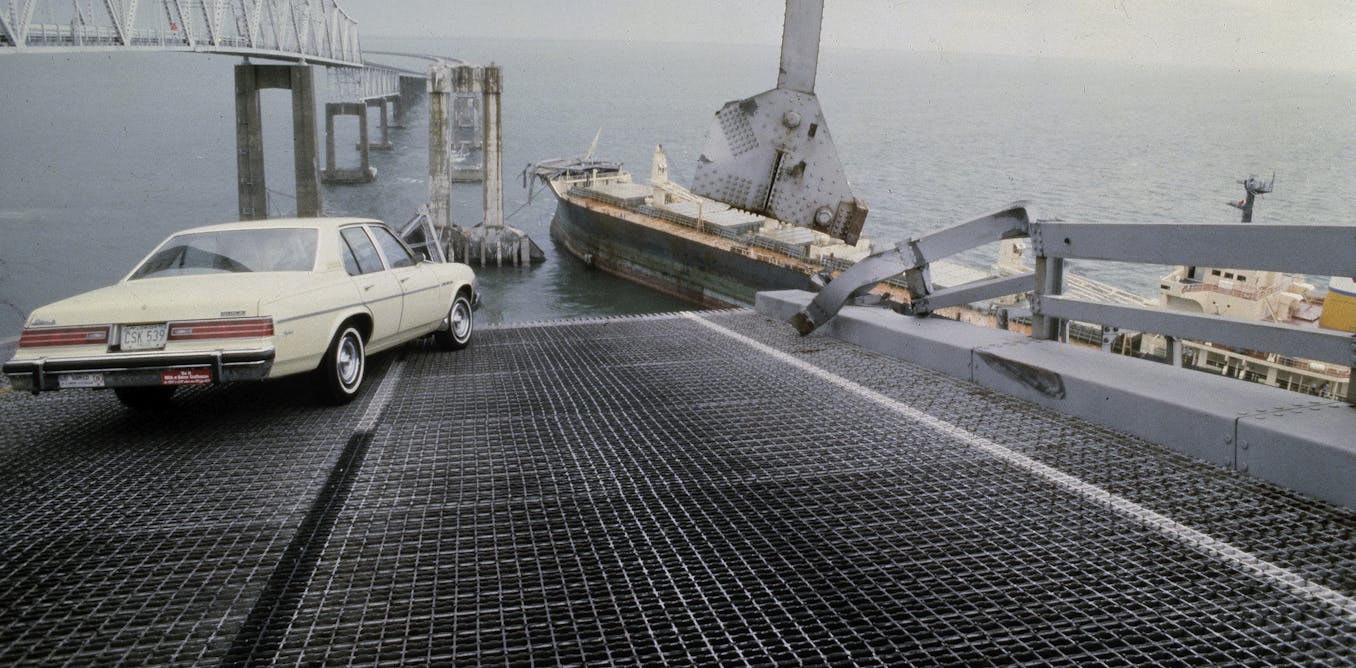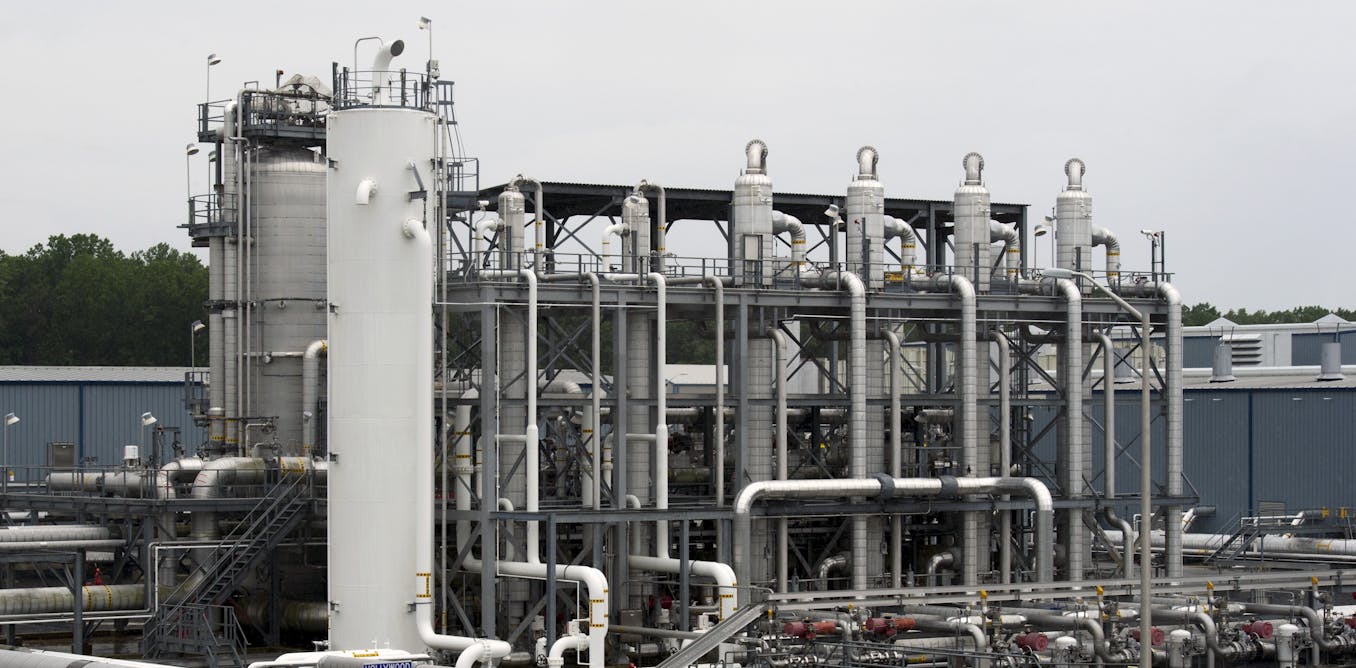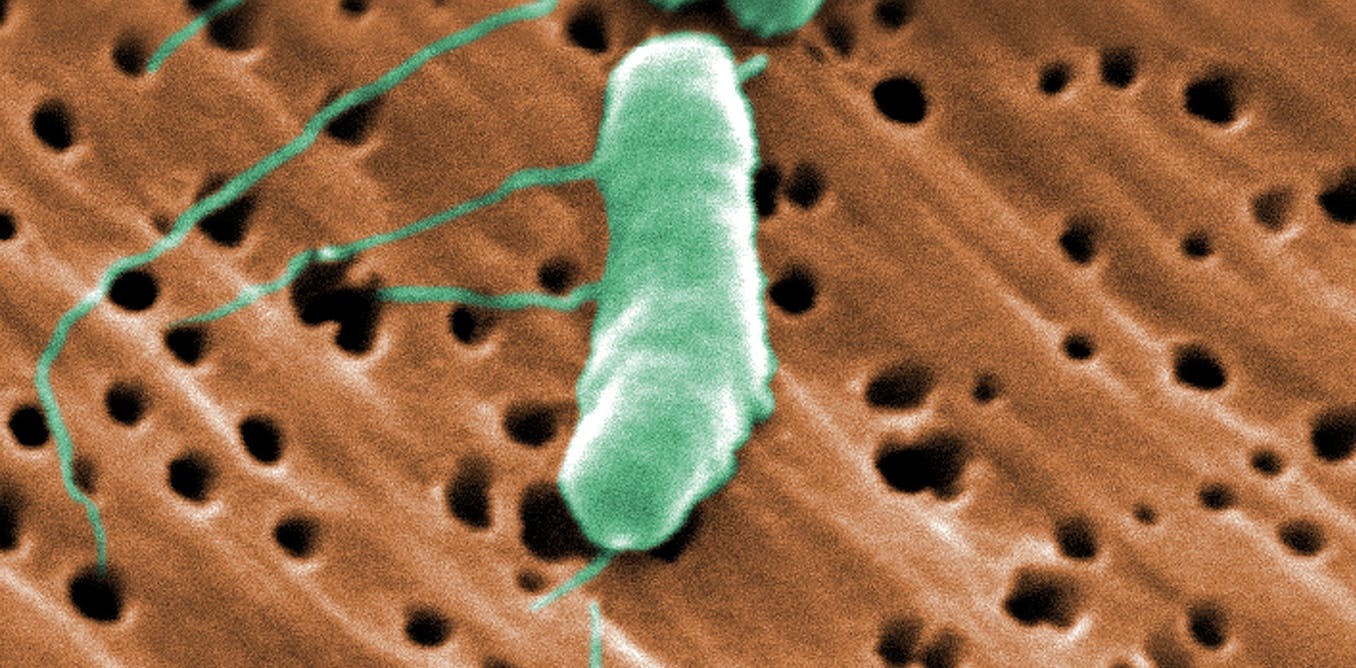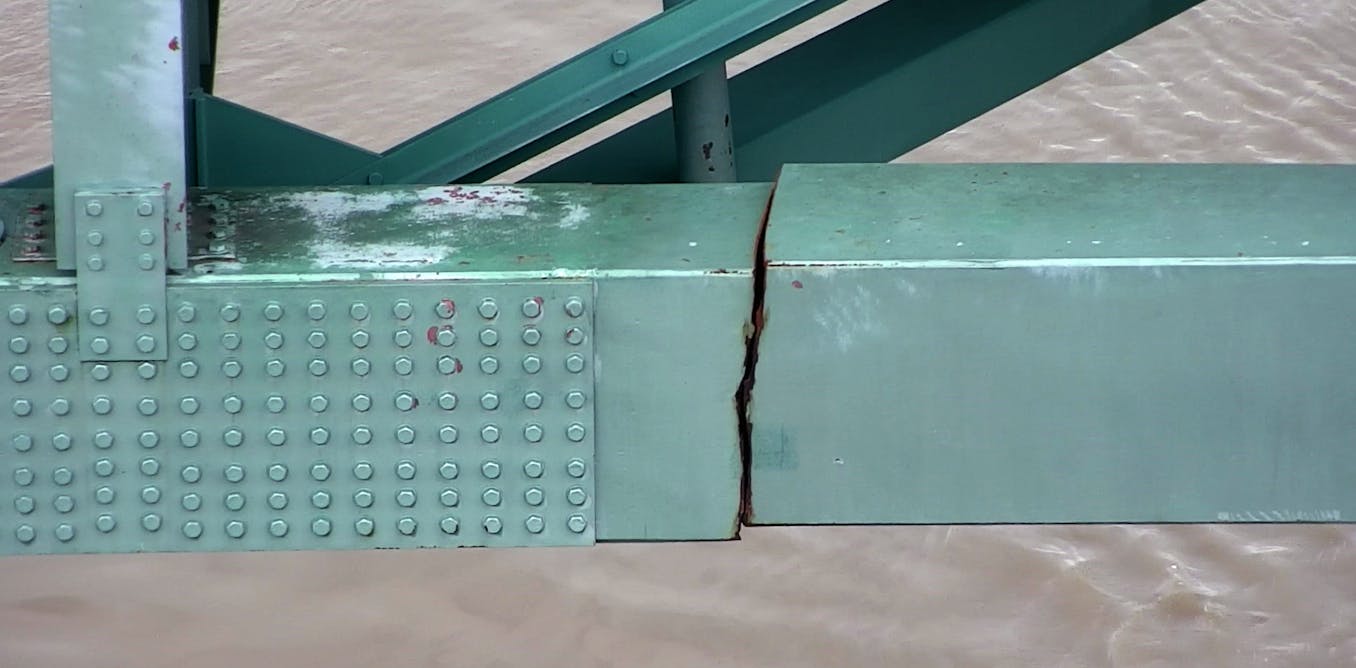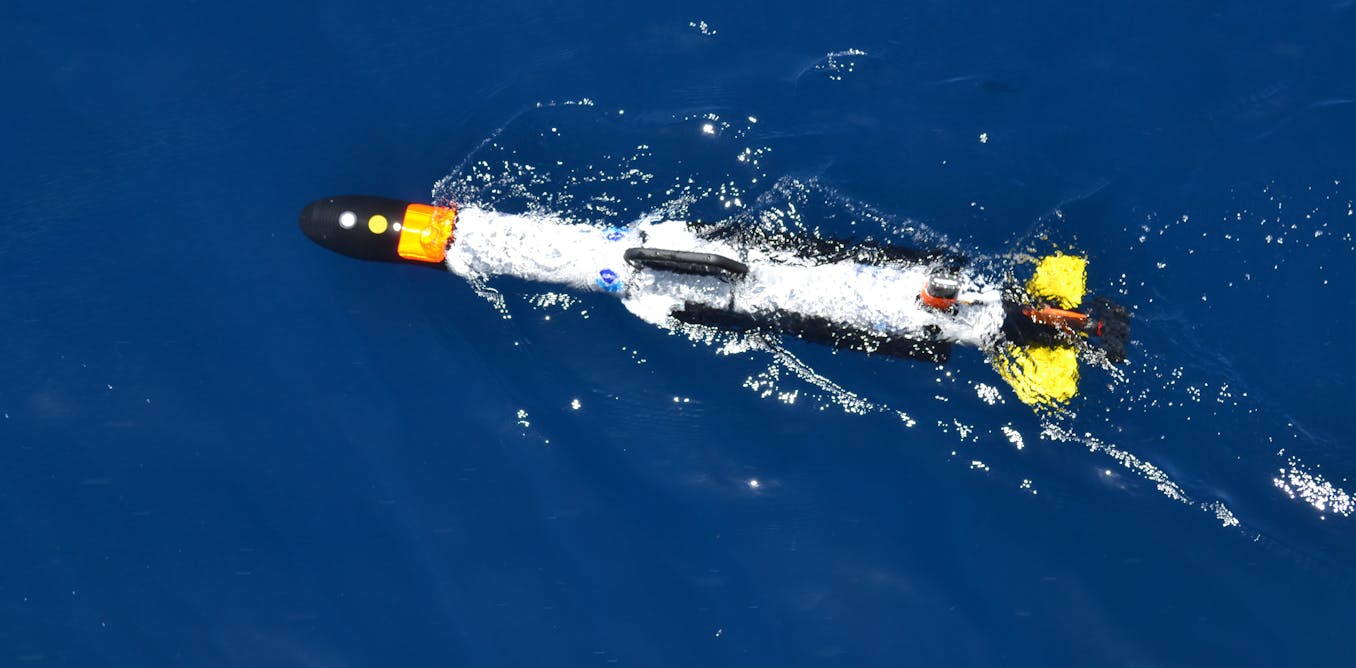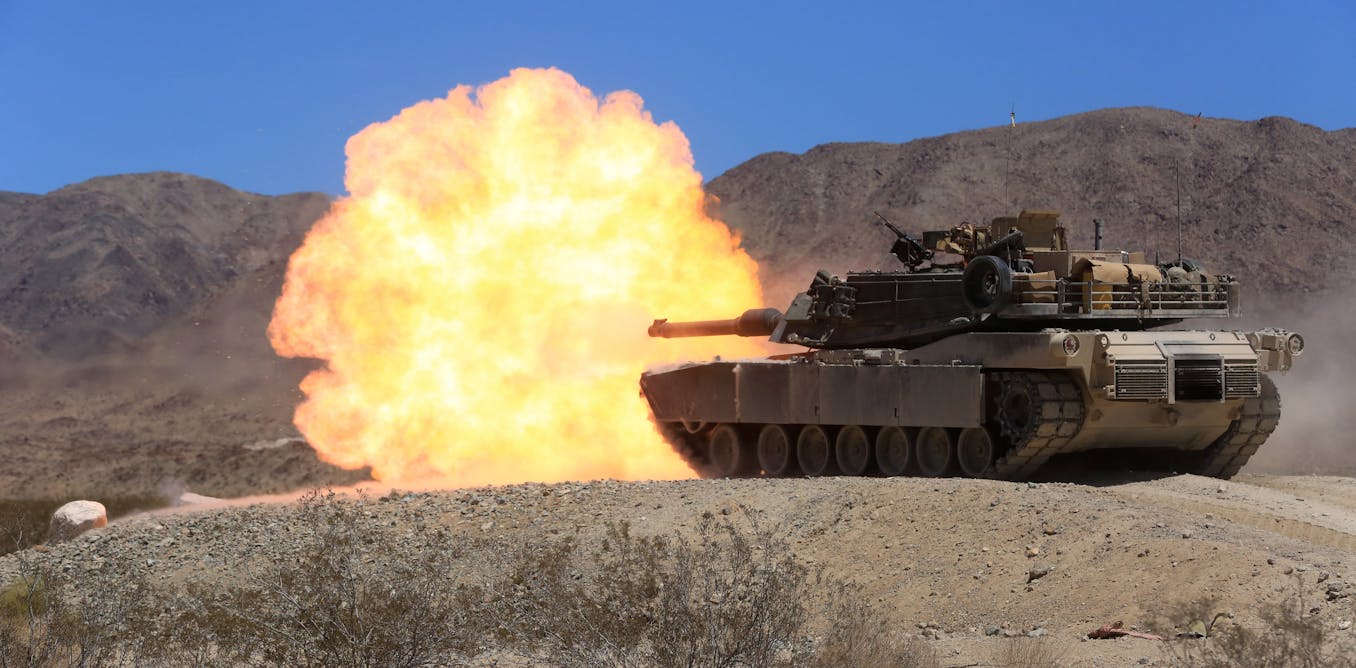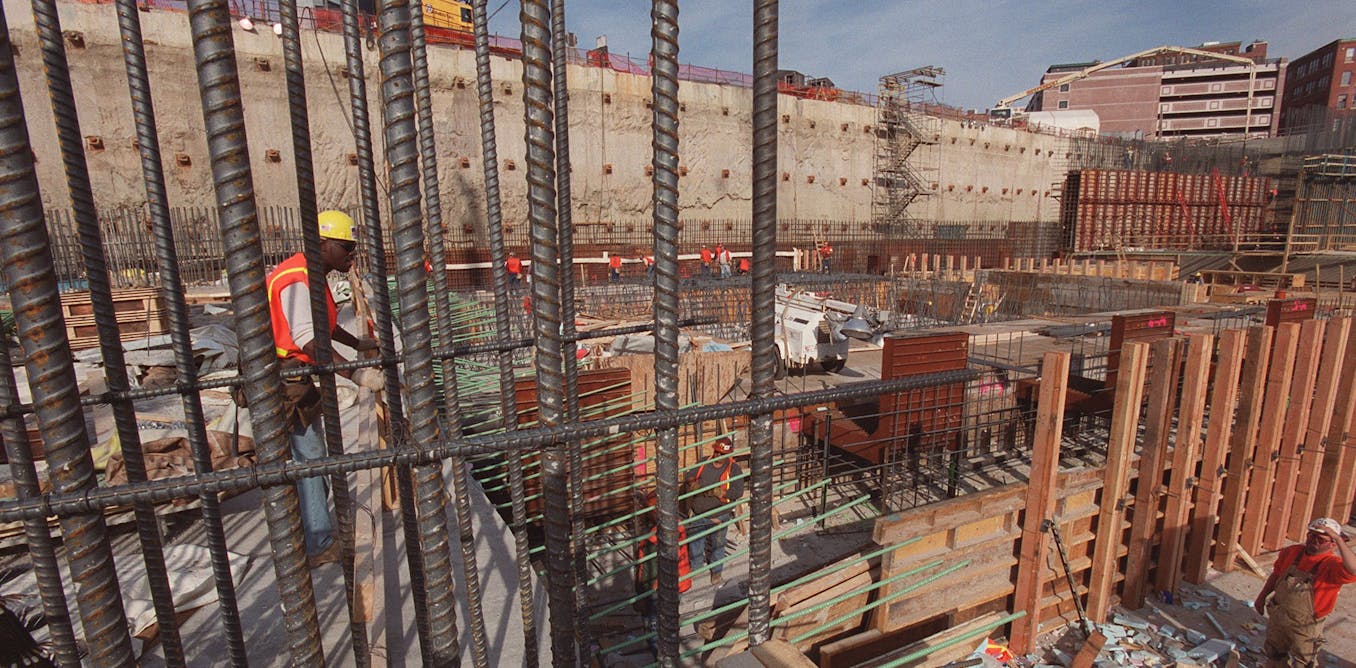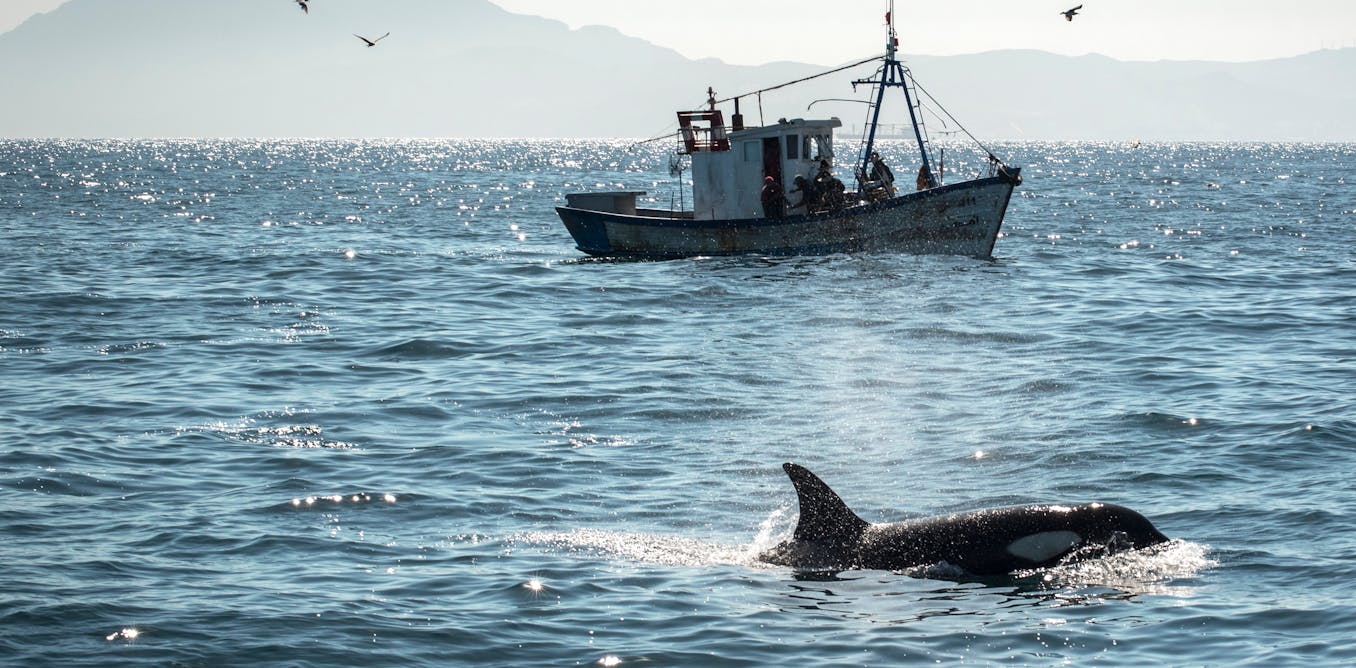Bridges can be protected from ship collisions – an expert on structures in disasters explains how
A civil engineer explains why ships taking out bridges is rare, and describes how bridge builders protect the structures from ship collisions.
March 28, 2024 • ~8 min

